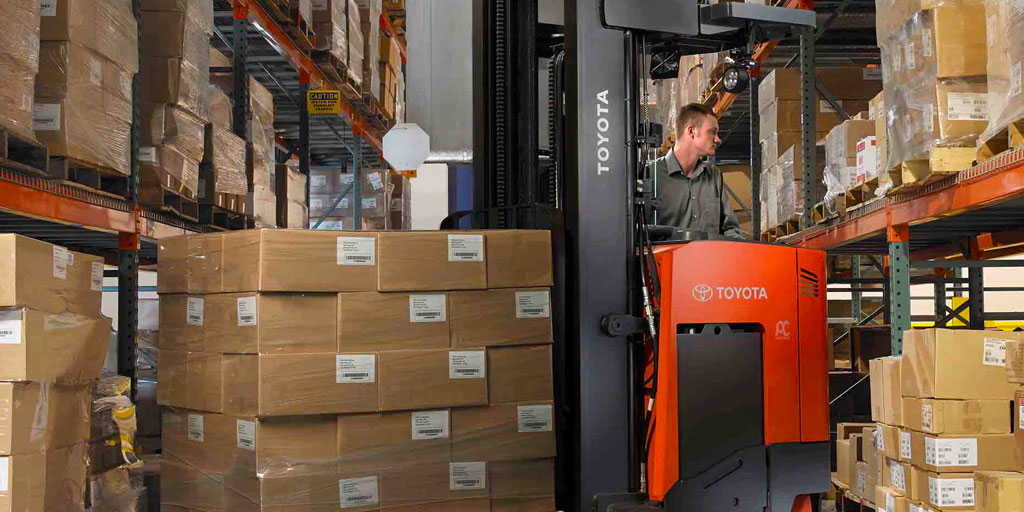
cypruswell
Literature for everyoneElevate Your Productivity: Mastering the Art of Reach Lift Truck Operations
Monday , 15, April 2024 Business and Management Comments Off on Elevate Your Productivity: Mastering the Art of Reach Lift Truck OperationsReach lift trucks are a crucial piece of equipment in many warehouses and distribution centers. These specialized trucks are designed to handle tall, narrow aisles and lift heavy loads to great heights. However, operating a reach lift truck requires skill, precision, and a deep understanding of safety protocols. In this article, we will explore how you can elevate your productivity by mastering the art of reach lift truck operations.
The Basics of Reach Lift Truck Operations
Before diving into advanced techniques, it's essential to understand the basics of reach lift truck operations. Here are some key points to keep in mind when operating a reach lift truck:
Key Points:
- Proper training is crucial before operating a reach lift truck.
- Always conduct a pre-operation inspection to ensure the truck is in good working condition.
- Follow safety protocols at all times, such as wearing a seatbelt and using the horn when necessary.
- Be aware of your surroundings and watch out for pedestrians and other obstacles.
Advanced Techniques for Increased Productivity
Once you have mastered the basics of reach lift truck operations, you can begin to explore advanced techniques that can help increase your productivity. Here are some tips to take your skills to the next level:
Tips for Increased Productivity:
- Practice efficient pallet handling techniques to reduce loading and unloading times.
- Master the art of stacking and de-stacking pallets to maximize storage space in the warehouse.
- Learn how to navigate tight aisles and corners with precision and confidence.
- Improve your speed and accuracy when picking orders to fulfill customer demands quickly.
Enhancing Safety Practices
Safety should always be the top priority when operating a reach lift truck. By enhancing your safety practices, you can not only protect yourself and others but also improve your overall efficiency. Here are some safety practices to consider:
Safety Practices to Consider:
- Always wear the appropriate personal protective equipment, such as a hard hat and steel-toed boots.
- Avoid distractions while operating the reach lift truck, such as using a cell phone or listening to music.
- Keep a safe distance from edges and drop-offs to prevent accidents and tip-overs.
- Never exceed the truck's load capacity to avoid tipping or losing control of the vehicle.
Regular Maintenance and Inspections
To ensure your reach lift truck operates at peak performance, it's essential to perform regular maintenance and inspections. By keeping your equipment well-maintained, you can prevent breakdowns and costly repairs. Here are some maintenance tips to keep in mind:
Maintenance Tips:
- Check fluid levels regularly, including hydraulic fluid, coolant, and oil.
- Inspect tires for signs of wear and tear, and replace them as needed.
- Keep the truck clean and free of debris that could interfere with its operation.
- Schedule routine maintenance checks with a certified technician to address any issues promptly.
Continuous Learning and Improvement
The world of logistics and warehouse operations is constantly evolving, so it's essential to stay informed and continuously improve your skills. By investing in ongoing training and education, you can stay ahead of the curve and enhance your productivity. Here are some ways to continue learning and improving:
Ways to Continuously Improve:
- Attend workshops and seminars to learn about the latest trends and technologies in the industry.
- Seek feedback from supervisors and colleagues to identify areas for improvement.
- Practice new techniques and skills regularly to stay sharp and hone your abilities.
- Stay up-to-date on safety regulations and best practices to ensure compliance and prevent accidents.
